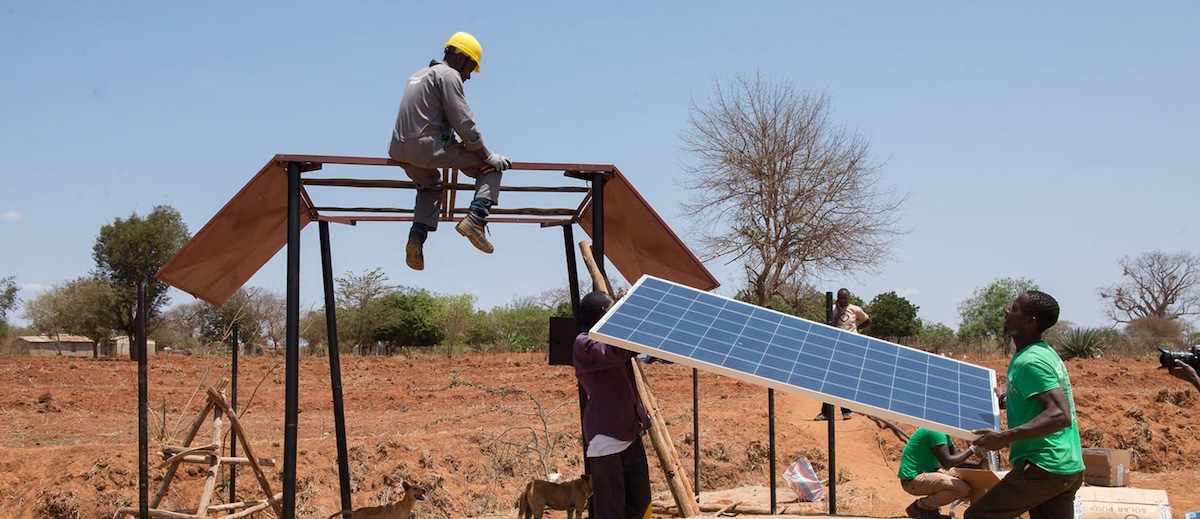ImpactAlpha, March 21 – Venture capital investing in India, as elsewhere, surged last year, along with a wave of impact capital. Impact startups in India raked in $6.8 billion in equity financing—135% more than in 2020, finds Impact Investors Council. Much of in the increase was due to commercial investors like Sequoia Capital and Tiger Global investing in large growth-stage and late-stage rounds.
“The line between capital and pure play impact funding is blurring,” IIC’s Ramraj Pai ImpactAlpha.
The opportunities for both growth and impact are substantial “in a country like India, where the architecture of delivery of goods and services, especially for lower income customers, is so broken,” he says.
Risk picture
Fintech ventures raised the most: $1.8 billion. Other sectors where commercial venture capital is flowing include edtech and agrifood tech.
“Even for early-stage transactions, you’re seeing commercial investors coming in, because as sectors get institutionalized, the risks reduce,” says Pai.
Climate tech, which saw $590 million raised across 79 deals, was the most popular impact sector in India in terms of deal count. Specialized and impact investors play an outsized role in sectors perceived to be more challenging and less proven, like climate tech and healthcare. Pai expects climate tech to follow a similar trajectory to agrifood investing.
“Ten years ago, we would see only impact investors participating in agriculture,” he says. “In the last two to three years, we’ve seen traditional commercial venture capital participating in early-stage deals because that sector is maturing and the risk-return equation is more favorable.”
Market-making deals
Fourteen companies accounted for nearly 60% of India’s impact capital in 2021. Among the biggest deals: OfBusiness, which sources raw materials and provides procurement financing for India’s small businesses. The woman-led company raised $802 million in four funding rounds in 2021. The company’s fundraising also dialed up the amount of capital going to female founders, who collectively raised $1.5 billion or 22% of India’s impact capital.
Online pharmacy Pharmeasy raised $806 million, or 70% of all capital going to impact-focused healthcare startups.
And CredAvenue raised 6.7 billion rupees ($88.2 million) for its match-making platform for financial institutions lending to small businesses. The company enables small businesses to pitch to lenders directly. It also allows non-banks with small business lending programs to pitch their capital needs to larger financial institutions, like mainstream banks. CredAvenue handles all of the due diligence for deals listed on its platform and monitors that payments to investors are made on time.
“What this does is substantially reduces the friction in giving loans,” explains Pai. “It’s a radical way of thinking about distributing loans to financial institutions.”
The company eventually wants to make it possible for non-banks to securitize and sell pools of small-business and retail loans through the platform.
It secured a $137 million series B earlier this month.
Impact trajectory
As commercial capital moves into businesses supported early by impact investors, there’s often a concern of mission drift. Pai doesn’t dismiss the concern, but says that there is so much opportunity to serve lower-income segments of the market, that companies can still expand services to wealthier customers without diminishing their impact.
As commercial investors’ interest in India grows, however, impact investors are considering a framework for responsible exits, he notes. “How do you exit to someone who will carry the mission forward—that is the next dimension the impact sector will have to consider.”











